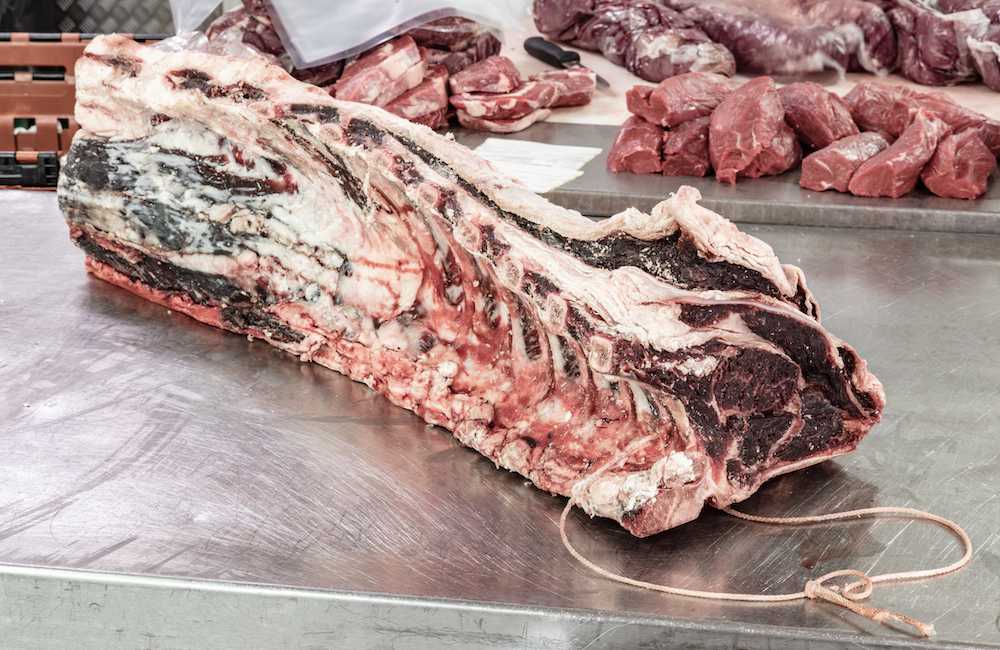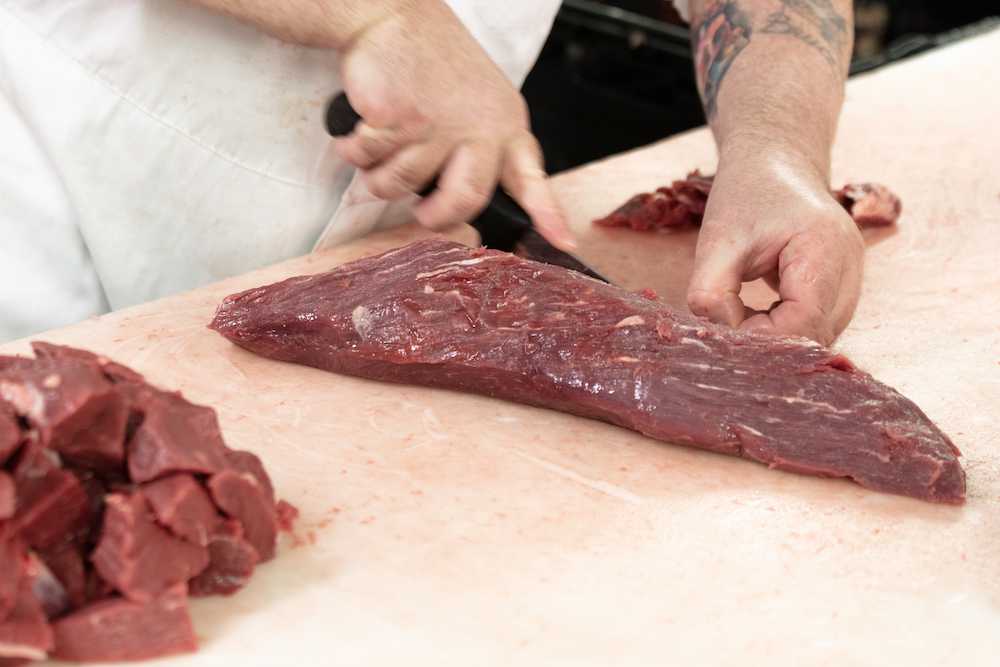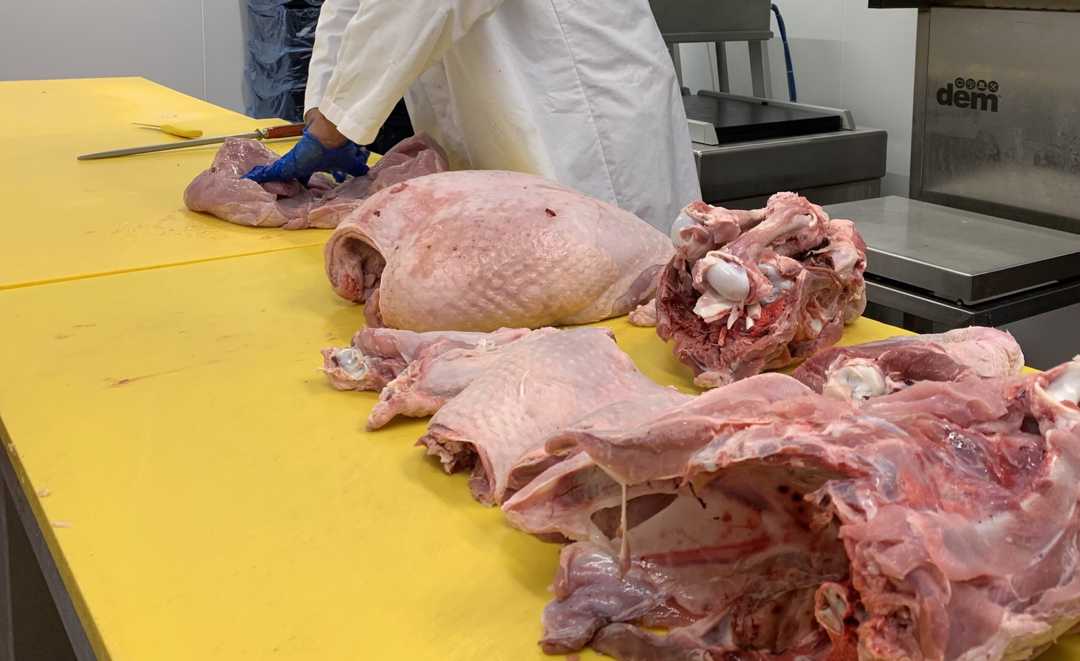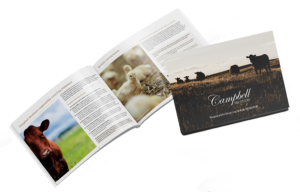Animal welfare is a priority, not only from a moral point of view, but to ensure the best quality and taste of the end product.
We buy locally wherever possible to minimise food miles.
We regularly undergo audits for those customers requiring Food for Life and Soil Association accreditation.
Nose to tail dining
Meat and sustainability – championing nose to tail dining:
Changes in consumer habits; Meat consumption
It’s no secret that there is currently a movement towards reducing the amount of meat we eat. This advice comes following concerns over the effects of farming on climate change and also the promoted health benefits of reducing meat consumption in our diets.
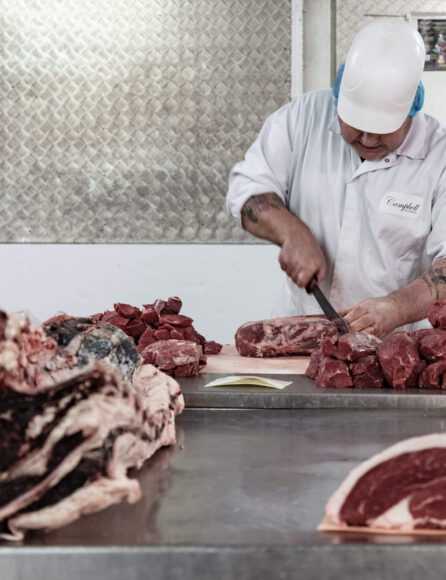
As a butcher, or a catering establishment with meat on the menu, we can either simply accept that this is the future, or we can approach this from a different perspective. When serious concerns were first raised as to the sustainability of fish stocks, the answer was not to stop eating fish, but to ensure we eat the right fish, from the right stocks, at the right time. Similar principles can be applied with meat.
If consumers are taking steps to cut down on the amount of meat they eat, it follows that they should demand it is of the highest quality when they do choose it. This is notwithstanding a requirement for high welfare standards and reduction of waste in the supply chain, which places an obligation onto restaurants to ensure that they are sourcing quality meat, responsibly.
Our Responsible Sourcing Guide 25/26
“At Campbell Brothers, we believe that great products begin with great principles. That’s why responsible sourcing is at the heart of everything we do.”
Neil McCole, Director of Sales, Campbell Brothers
We are committed to responsible sourcing practices that ensure the highest quality meat products while prioritising food safety, traceability, and ethical standards. Our responsible sourcing guide outlines our sourcing principles, supplier expectations, and the steps we take to maintain a trusted and responsible supply chain.
Supplier selection process:
We evaluate and select suppliers based on the following key factors:
• Quality & Safety
• Traceability & Compliance
• Ethical Trading
• Animal Welfare Standards
• Competitive Pricing & Supplier Reliability
By adhering to these criteria, we benefit from consistently high-quality meat products that meet rigorous safety standards. These standards mean that our customers receive fresh, safe, and ethically sourced meat, providing them with confidence in the products they serve.
Animal welfare
We offer a full complement of wholesale meat, from rare and native breeds of beef (dry or wet aged), all cuts of steak, chicken, sausage, burgers, game, charcuterie and offal.
Along with considerations of the impact the meat industry has on the planet, animal welfare is also a priority to Campbell Brothers. Animal welfare is paramount, so we will only work with suppliers who work in an ethical way. We work with producers who share our standards of welfare and who we can build long-term partnerships with, in order to offer consistency in product and price.
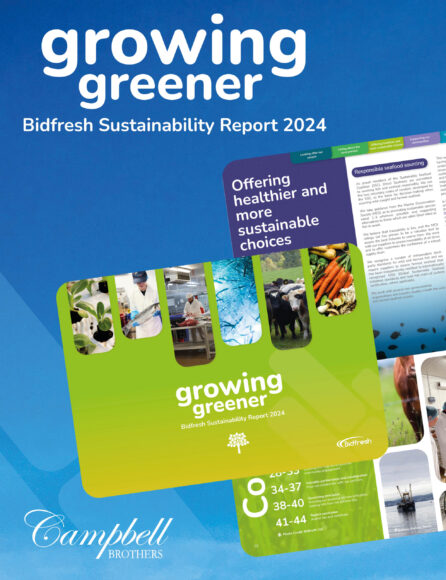
Growing Greener, 2024 Sustainability Report
The period between 2023/24 marked an important step up in our motivation to become a more sustainable business and mission towards growing with our customers as trusted partners, supplying responsibly sourced products. The report showcases our efforts and achievements in reaching our mission.
Our key milestones through 2023/24 include:
- Achieved minimum A+ grade BRCGS Food Safety and BRCGS Storage & Distribution certification for all our sites
- Retained ASC and MSC Chain of Custody certification for all our seafood trading sites
- Offered 280 Red Tractor certified meat and poultry product lines to our customers
- Launched our ‘Vision Mission Values’ programme and held 40 behavioural sessions for our teams.
Our report is externally verified and assured by Lucideon; the certificate of assurance can be found at the back of the report. All data refers to the 2023/24 financial year (1st July-30th June) unless stated otherwise.
For any questions regarding the report, please email Valeria Potsinok, Sustainability Manager for Bidfresh at ValeriaPotsinok@bidfood.co.uk.
Zero to landfill
Campbell Brothers are proud to currently be zero to landfill!
How did we achieve this?
Any of our waste that can be recycled, is recycled, such as, cardboard, plastic and polystyrene. Our general waste is sent to a material recycling facility, where anything that can be recycled is removed and recycled and any general waste left goes into energy from the waste facility where it is burned and turned into electricity.
Waste and carbon reduction
Fleet Emissions.
To help improve our carbon footprint, our fleet of vehicles include Euro V1 3.5 tonne vans.
A Euro V1, is the latest standards introduced by the European Commission to regulate the level of pollutants released from the tail-pipes of vehicle engines.
Euro V1 aims to reduce the levels of harmful emissions including nitrogen oxide, carbon monoxide and particulate matter, (soot from diesel engines).
Associated with:
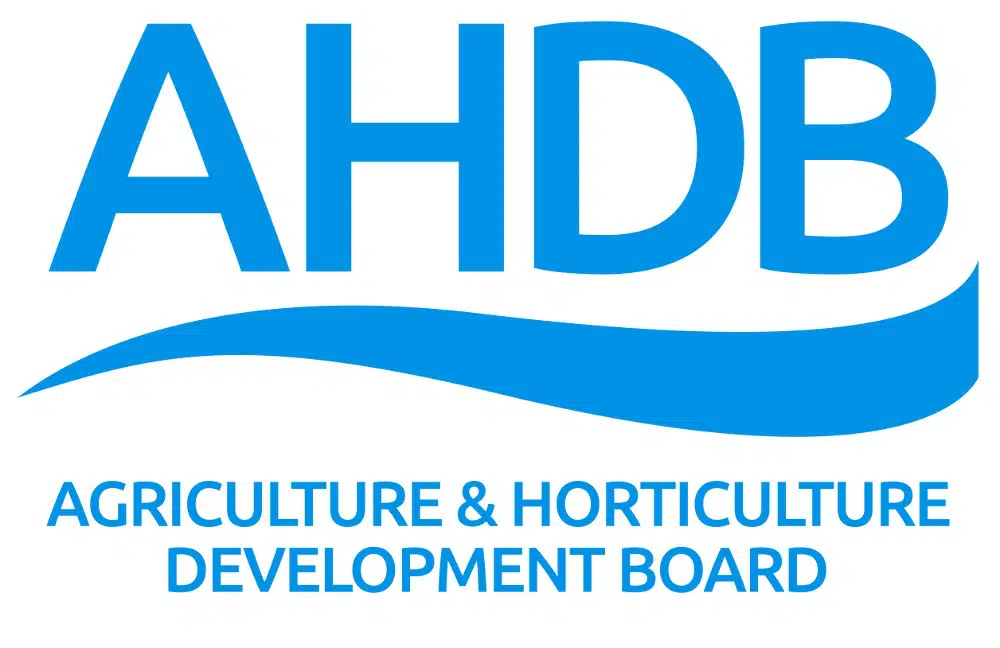
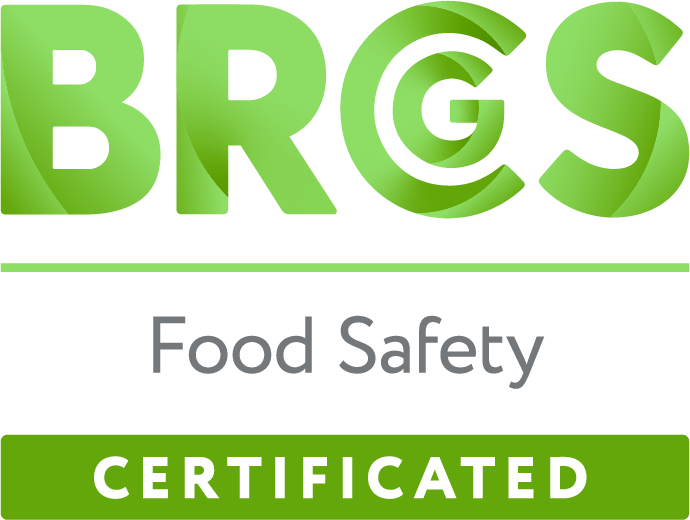


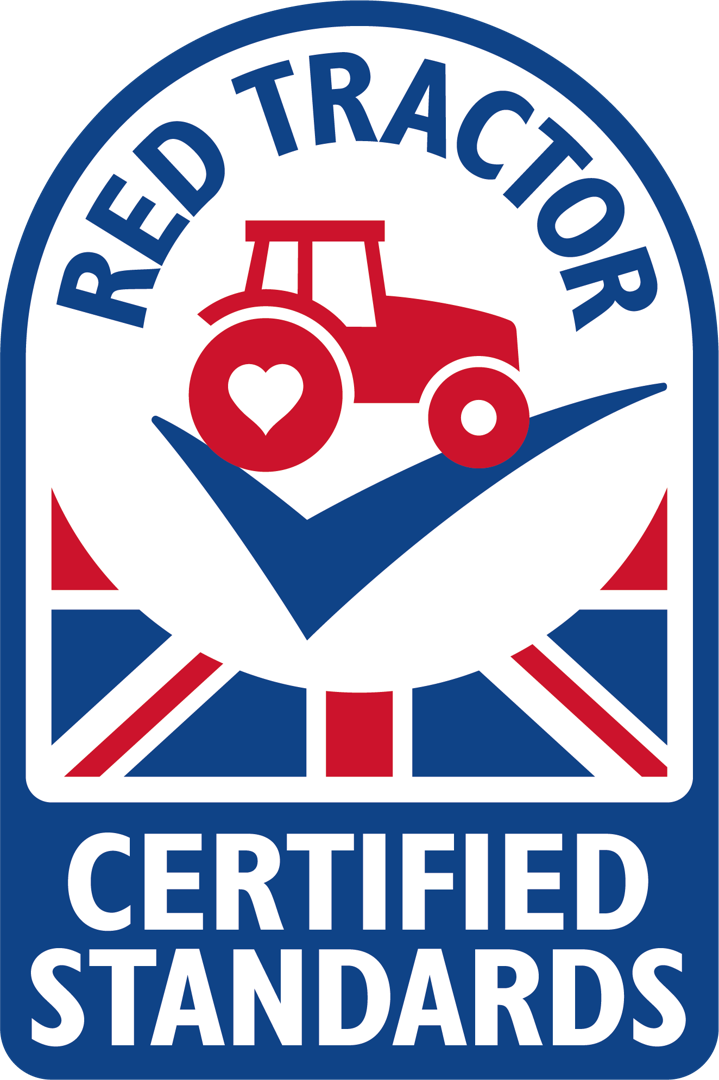
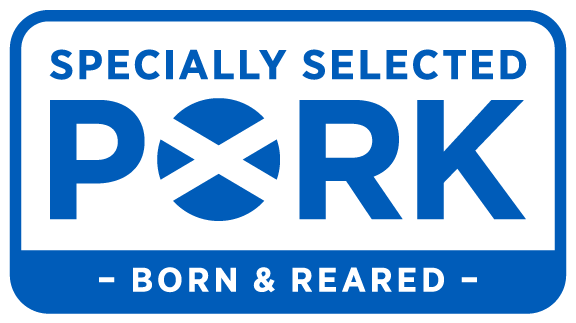
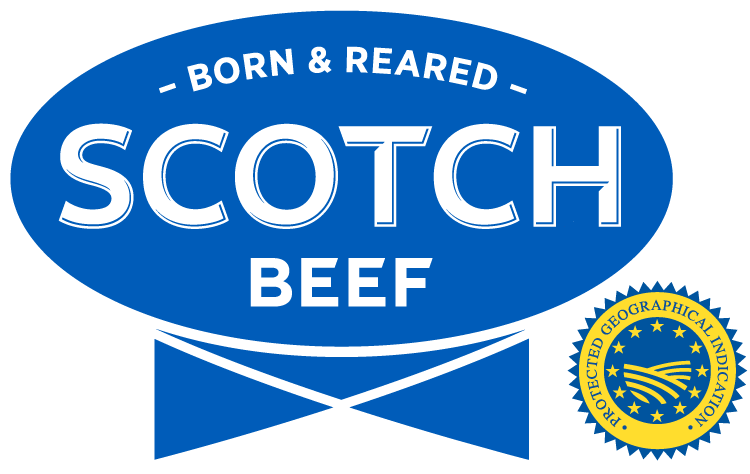
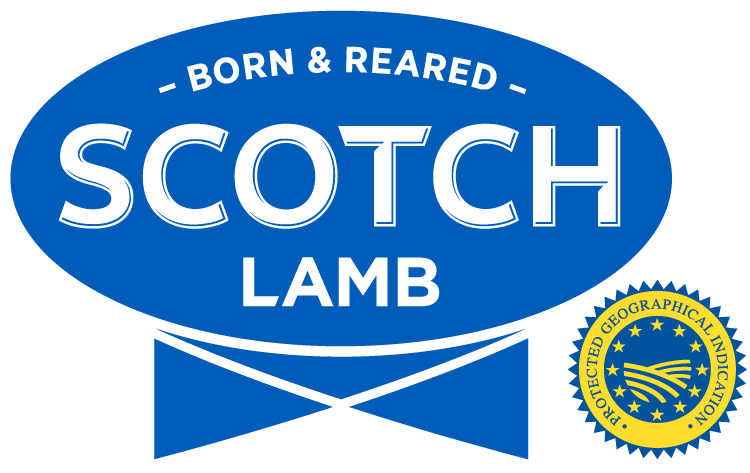
Online ordering login
Enter your login details below and start ordering today.
Register Here
Forgot Password?

